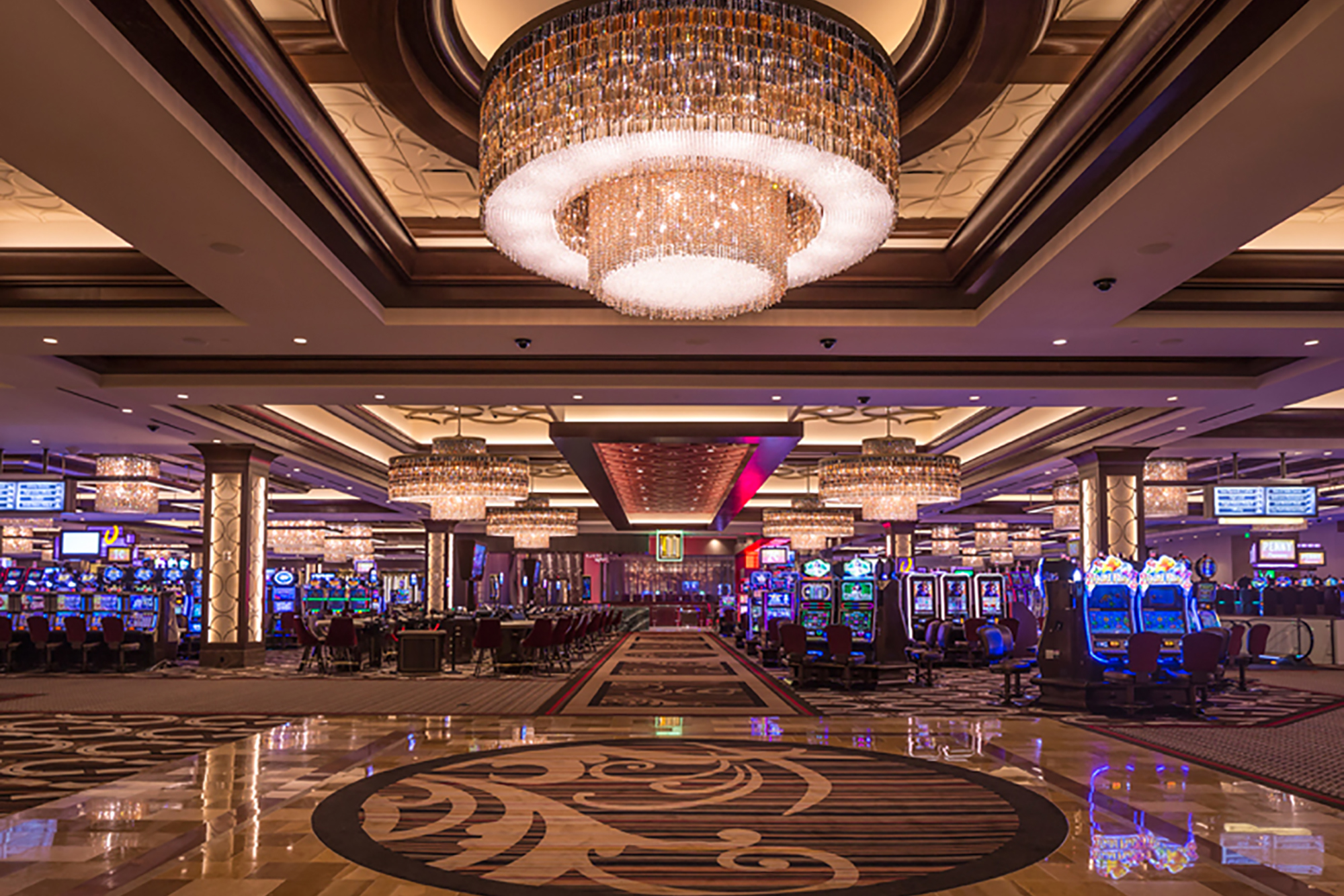
Casino games have long been a fascinating form of entertainment, drawing millions of players from varied cultures around the globe. From the lively casinos of Vegas to the thriving gambling halls of the Chinese gambling capital, these games serve as a common thread that unites people across a variety of backgrounds. The allure of luck, strategy, and gambling entices not only those hoping to win money but also those seeking a sense of community.
The cultural impact of casino games extends significantly past the gaming floor. 78win They often represent the cultural standards and traditions of the cultures in which they flourish. Games such as Texas hold ’em, 21, and the spinning wheel have integrated into the fabric of mainstream culture, influencing multiple fields from cinema to fashion. As we explore this captivating intersection of chance and life, we can better understand how these games shape and are influenced by the surrounding world.
Historical Progression of Gambling Games
The origins of gambling games can be followed back to ancient cultures, where gambling in various forms was extensively practiced. In the East, around two thousand three hundred years before Christ, a variant of luck game known as Keno was well-known, while in ancient Rome, soldiers would frequently wager on the results of their games. The idea of using randomness for fun and gain progressed over the centuries, leading to the establishment of more formal activities. By the late Middle Ages, betting houses initiated to surface in the continent, particularly in the Italian peninsula, which brought forth early forms of famous activities still enjoyed today.
As gambling increased recognition in Europe, the 17th and 18th centuries saw the emergence of gaming houses as dedicated venues for betting. The first official gambling house, the Ridotto, was established in the city of Venice in sixteen thirty-eight, featuring games like Baccarat and Faro games. This period marked a crucial pivoting point, as gaming venues started to draw not just the high society but also the burgeoning middle-tier society. The refinement of games grew, leading to the introduction of new guidelines and modifications that improved the gaming experience.
In the 19th century, the era of industrialization and changes in social norms further transformed the environment of casino games. The arrival of roulette and contemporary one-armed bandits drew a more diverse clientele, and gambling establishments became seen as acceptable entertainment. This period witnessed the international spread of casino activities, as casinos extended from Europe to the Western Hemisphere, culminating in the development of the legendary Las Vegas Strip in the 20th century. The progress of casino activities has continued into the modern era, incorporating new technologies and digital sites, making them accessible to a worldwide population.
# Cultural Significance in Various Communities
Gambling games have profound cultural importance in many communities around the globe. For instance, in Las Vegas, the very fabric of the urban landscape is woven around gambling establishments, where gambling is not just a pastime but a key aspect of leisure and social interaction. The dazzling lights and vibrant atmosphere attract millions, showcasing how games of chance can shape local economies and local cultures. This setting transforms the notion of relaxation into an immersive experience that influences style, music, and even movies.
On the other hand, some cultures approach betting with more caution, seeing it through the lens of morality and customs. For instance, in numerous Asian communities, games like Mahjongg and Pai Gow Gambling are rich with history and possess significant social implications. These games are often played during meetings and festivities, fostering community bonds and reinforcing kinship ties. The act of participating in these games goes beyond mere amusement, reflecting ethics such as deference to seniors and the significance of shared enjoyment.
At the same time, in European countries such as Monaco and the Italian Peninsula, casino games serve as symbols of luxury and refinement. The elegant atmosphere of these locations attracts both tourists and residents, upholding a sense of prestige and rarity. The art of the game of poker and the strategic elements of games like the game of baccarat are appreciated, molding interpersonal interactions and establishing an appeal that fascinates a heterogeneous audience. This highlights how games of chance can both echo and influence cultural attitudes towards danger, reward, and social interaction.
Financial Influence and Travel Industry
Casino games play a crucial role in the economic landscape of many regions, particularly those that rely heavily on visitor traffic. The revenue generated from casino operations fuels local financial systems, creating jobs not only within the casinos themselves but also in connected industries such as hospitality, restaurant services, and entertainment. Xổ số 78win This influx of tourists, drawn by the allure of games and the overall casino experience, stimulates spending across multiple local enterprises, contributing to the economic health of the area.
The presence of casinos often leads to the development of infrastructure, including lodging, transportation systems, and recreational facilities. These improvements are essential in improving the overall visitor satisfaction, making locations more appealing to tourists. Additionally, many casinos contribute in local communities through support of activities and philanthropic activities, further embedding themselves into the community structure of the region. Such contribution not only supports economic growth but also cultivates a positive image of the casino industry.
Furthermore, the global popularity of casino games drives tourism competition, with regions vying to attract gamblers from across the globe. Iconic destinations like Las Vegas and Macau have become identifiable with gambling culture, drawing millions annually. This competitive edge encourages creativity and diversification within the gaming industry, influencing trends in entertainment and hospitality that resonate beyond their limits. The consequences of this visitor influx extend wide, impacting local economies and cultural exchanges on a global scale.
